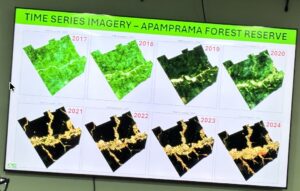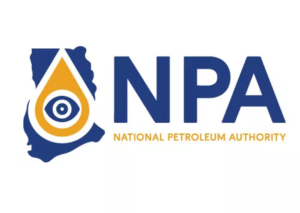
Photo: President John Mahama
President John Dramani Mahama has announced the immediate cancellation of fuel allowances and fuel allocations for all political appointees, in a move aimed at curbing public expenditure and redirecting state resources to priority sectors.
The directive, which took effect with immediate notice, forms part of a broader fiscal austerity agenda launched by the government to consolidate public finances and restore confidence in state spending. It is the latest in a series of cost-reduction measures initiated by the Office of the President.
Speaking on behalf of the President, government spokesperson and Member of Parliament, Felix Kwakye Ofosu, said the decision underscores Mr Mahama’s firm belief that leadership must share in the sacrifices being asked of citizens during challenging economic times.
“President Mahama is resolute in his conviction that fiscal prudence must begin from the top,” Mr Kwakye Ofosu noted. “This move reflects our commitment to responsible governance and ensuring that public funds are channelled into sectors that matter most to the Ghanaian people.”
In recent months, the Mahama administration has unveiled a raft of expenditure control initiatives, including a significant reduction in the size of government through leaner ministerial appointments and streamlined staffing at the Presidency. Additionally, the government has suspended satellite television subscriptions for offices at Jubilee House and other public institutions, citing the need to prioritise essential services.
Policy analysts say the announcement could signal a shift towards more austere budgeting ahead of the next fiscal cycle, amid mounting pressure on the government to rein in public debt and enhance service delivery.
The suspension of fuel entitlements for political officeholders is likely to be met with mixed reactions. While some may view the move as a commendable gesture of solidarity, others may question its overall impact in the absence of deeper structural reforms.
Nevertheless, President Mahama’s directive sets a precedent in symbolic and practical leadership restraint, echoing growing public calls for greater accountability in the use of public resources.
The government is expected to release further details in the coming days outlining how the new policy will be implemented and monitored.






